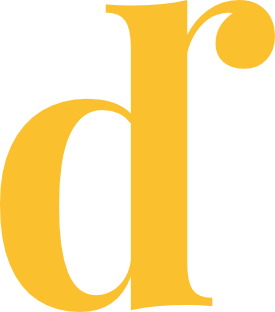
An always work-in-progress (WIP) list of the most commonly used terms in business and marketing condensed in a digital marketing glossary.
C
- Call to Action (CTA): a marketing term that refers to the next step a marketer wants its audience or reader to take.
- Cookies: cookies are small text files generated when a user visits a website. They record how a unique user has interacted with the website that placed the cookie. First-party and third-party cookies are distinguished primarily by the way they are generated and stored.
- Cost per Acquisition (CPA): is the cost associated in convincing a customer to buy a product/service. Also called as Customer Acquisition Cost (CAC)
- Cost-Per-Click (CPC): the value you pay for each click on your ads.
- Click-through Rate (CTR): the ratio of users who click on a specific link to the number of total users who view a page, email, or advertisement.
E
- Expected Clickthrough Rate (eCTR): a prediction of whether your keyword is likely to lead to an ad click.
F
- First-party cookies: first-party cookies are generated and stored by the website that the user is visiting. Historically, the primary function of these cookies was to simplify the user experience on the website. This could be done, for example, by keeping users logged in and remembering what items are in their shopping cart. Newer systems use first-party cookies for metrics because they are more reliable. See Cookies also.
P
- Paid Search: a type of digital marketing where search engines, such as Google and Bing, allow advertisers to show ads on their search engine results pages (SERP).
- Pay-Per-Click (PPC): a model of internet marketing in which advertisers pay a fee each time one of their ads is clicked.
R
- Return on Ad Spend (ROAS): the total revenue generated for a specific marketing channel divided by the total spend on that channel.
S
- Search Engine Results Pages (SERP): the pages displayed by search engines in response to a query by a user.
T
- Tags: tags are snippets of code on a website that can generate cookies when a user takes an action that the tag has been instructed to measure. For example, when a user makes a purchase, a conversion tag like conversion.js might generate a cookie. Tags typically end with the “.js” extension because they are typically written in JavaScript.
- Third-party cookies: third-party cookies are generated and stored by domains other than the website you are visiting. They have historically been responsible for off-site analytics or marketing efforts by advertisers, such as remarketing. Given the ever-changing privacy ecosystem, third-party cookies are becoming less and less reliable. See Cookies also.
W
- WIP (Work-in-Progress): a production and supply-chain management term describing partially finished goods awaiting completion.
